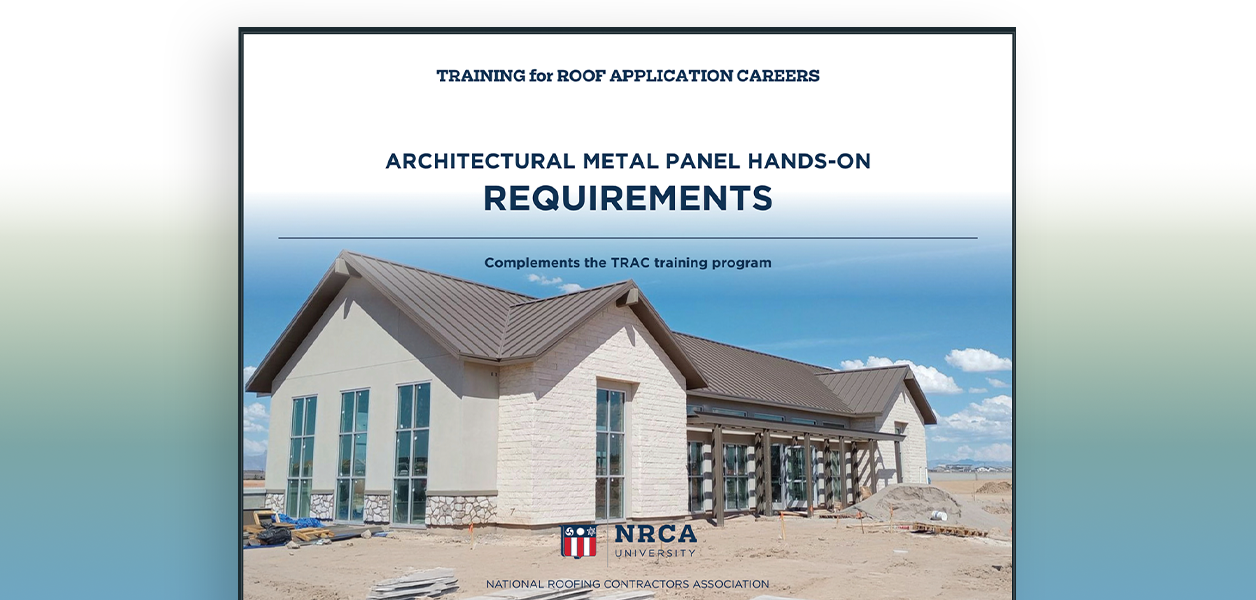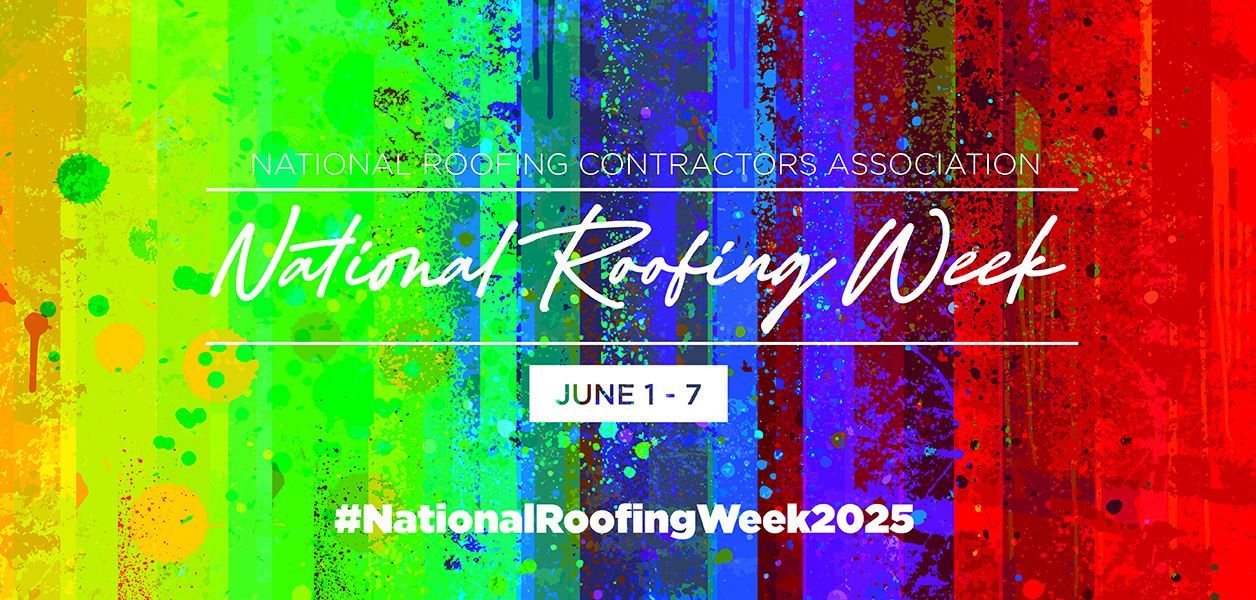Meetings are a common occurrence in the working world, and a certain etiquette often is expected. Bad behavior in meetings can make you look unprofessional and even do permanent damage to your reputation in the workplace, according to Inc.
Inc. shares the following behaviors you should avoid during meetings.
- Chronic tardiness. Consistently showing up late to meetings shows you lack respect for other attendees’ time. If there is an unavoidable delay, notify participants immediately so they do not waste time waiting for you to arrive.
- Multitasking during discussions. Checking emails, texting or scrolling through social media during meetings shows you are not fully committed to the discussion. It reduces your meaningful contributions and shows disrespect for presenters and other attendees. Minimize distractions by silencing your smartphone and putting it face down on the table. Inform meeting participants in advance if you are waiting for a crucial phone call.
- Poor preparation. If you cannot answer fundamental questions about the meeting’s topics, it shows you have not prepared properly. Review pre-meeting materials and the agenda in advance to avoid wasting time.
- Dominating the conversation. Effective meetings require balanced participation from everyone. Repeatedly taking control of discussions, interrupting or redirecting conversations to personal agendas shows inadequate emotional intelligence and a lack of ability to work with a team. Focus on active listening during discussions and monitor your speaking time.
- Avoiding accountability. Making excuses and not delivering on commitments is unprofessional. Before accepting action items, ensure you understand the expectations and deadlines. If a situation changes, be sure to communicate obstacles immediately.
- Negative body language. Research shows nonverbal communication conveys more information to others than spoken words. Slouching, avoiding eye contact, fidgeting excessively or rolling your eyes undermines your input and indicates disengagement or disrespect. Instead, maintain an upright posture, nod to demonstrate comprehension and use direct eye contact and responsive facial expressions.




